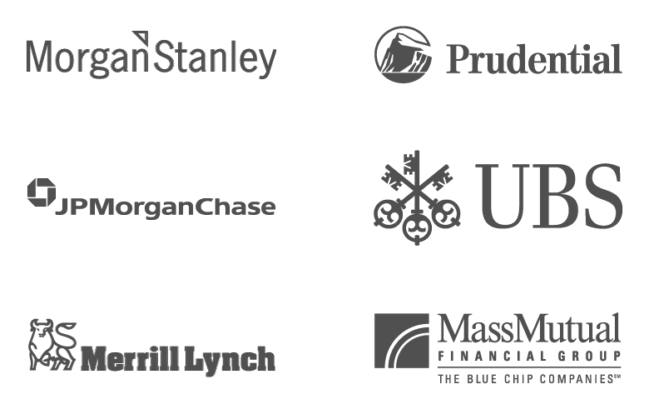F. Scott Fitzgerald famously wrote that the rich are “different from you and me.” Perhaps the truest way to see this difference is by looking at where wealthy people choose to invest their money. Of course, individuals at every income level may have a standard portfolio that includes IRA or 401k accounts. But those with either high annual incomes or a robust net worth may purchase riskier — and higher-yield — investments. Only accredited investors gain access to these riskier (and often, more profitable) investment vehicles.
To learn more about the benefits that only accredited investors usually enjoy (including how to become one yourself), keep reading.
What’s an Accredited Investor?
Accredited investors have several unique investment opportunities that aren’t available to non-accredited individuals. They can put money directly into private equity, for example, or hedge funds, venture capital, and equity crowdfunding deals. Accredited investors can also provide financial backing for startups, hopeful that this new venture becomes the next Facebook or Amazon.
Further, firms that sell assets to accredited investors don’t have to register them with the Securities and Exchange Commission (SEC). There’s no standard process for becoming an accredited investor, and no certification exam exists that conveys this designation upon someone. Still, there are definite rules about who does and does not fall into this category.
Unlike offerings registered with the SEC that require disclosing certain information, investments pitched to accredited investors can simply avoid them. These offerings, explains the SEC, or private placements, involve more risks than registered investment opportunities do. That’s likely because accredited investors could lose their entire investment.
Companies selling unregistered securities must determine a potential investor’s accreditation status by conducting their due diligence prior to each sale. This includes reviewing financial statements, credit reports, W-2 forms or tax returns to verify the investor’s income, assets, and liabilities.
What Advantages Do Accredited Investors Enjoy?
Becoming accredited shows that an investor is more sophisticated, explains The Motley Fool. In other words, the investor has sufficient funds do not need the same government oversight protections that shield unsophisticated investors. As the SEC sees it, anyone with a high annual income or net worth can better afford potential investment losses.
Essentially, accredited investors have access to more investment opportunity types when those consumer protections aren’t in place. They can put their money into significantly tax-deferred investments, like drilling for oil and/or gas. Another opportunity that’s exclusive to accredited investors is larger-scale peer-to-peer lending services, which typically offer a much higher average ROI.
How Can I Become an Accredited Investor?
To become an accredited investor, you’ll need to earn $200,000 in annual income ($300,000 for married couples). You’ll need to stay at or above this income level for three years to qualify and keep earning that amount. The SEC states that accredited investors must satisfy these earnings thresholds consistently for three years — either alone or with a spouse. That means you cannot use your individual qualifying income for one year and then combined joint income for two years. If you can’t meet the minimum earnings threshold, you’ll need $1M in total investable/liquid assets to qualify as an accredited investor. Luckily, you can do this either alone or with your spouse, provided your combined liquid assets equal to one million dollars.
You can calculate your net worth by adding up all your assets and subtracting your total combined debts. The assets in question cannot include the value of your primary residence. The law was recently updated to include this rule excluding your home’s value. This accredited investor designation rule got amended under the 2010 Dodd-Frank Act in the wake of the 2008/2009 financial crisis.
While anyone can easily buy stocks or park money in an index fund, accredited investors can access unique investment opportunities. For some individuals and couples, it’s a very attractive prospect that makes becoming accredited investors worth the extra effort.



